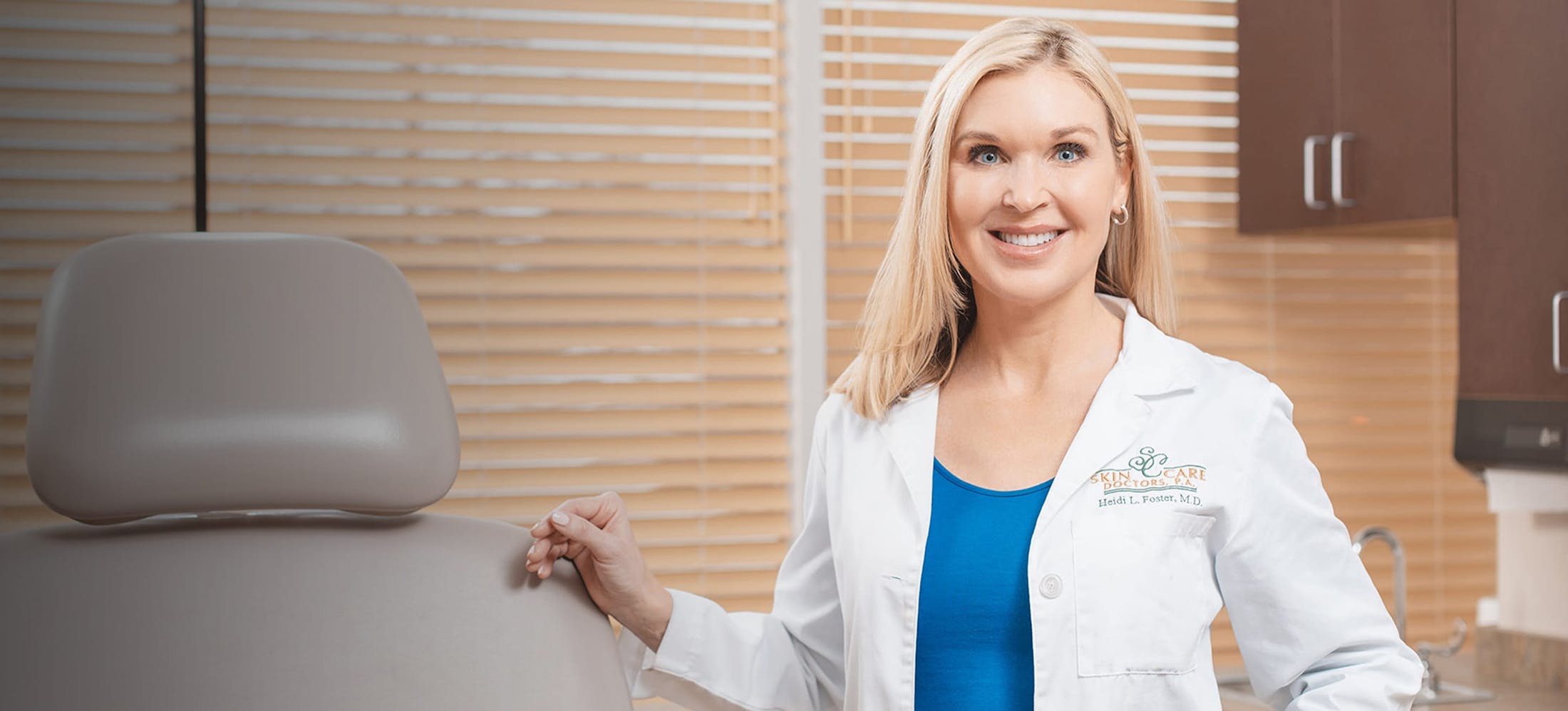For effective skin rejuvenation, Skin Care Doctors offers photorejuvenation using intense pulsed light (IPL) or Blue Light, the gold standard of non-ablative skin treatments.
What Is Skin Rejuvenation?
At Skin Care Doctors, we offer photodynamic skin rejuvenation, a two-step process that involves the application of a light-sensitive solution to the skin followed by exposure to a wavelength of light. The application of a light-sensitive solution, known as a photosensitizer, is absorbed by the skin cells and remains there for some time, typically between 30 minutes and an hour. After the photosensitizer has been absorbed by the skin cells, exposure to a specific wavelength of light activates it, causing it to release energy that damages the targeted skin cells. The damaged cells are then naturally eliminated by the body's immune system, and the skin begins to heal itself, regaining a more youthful, even-toned appearance.





